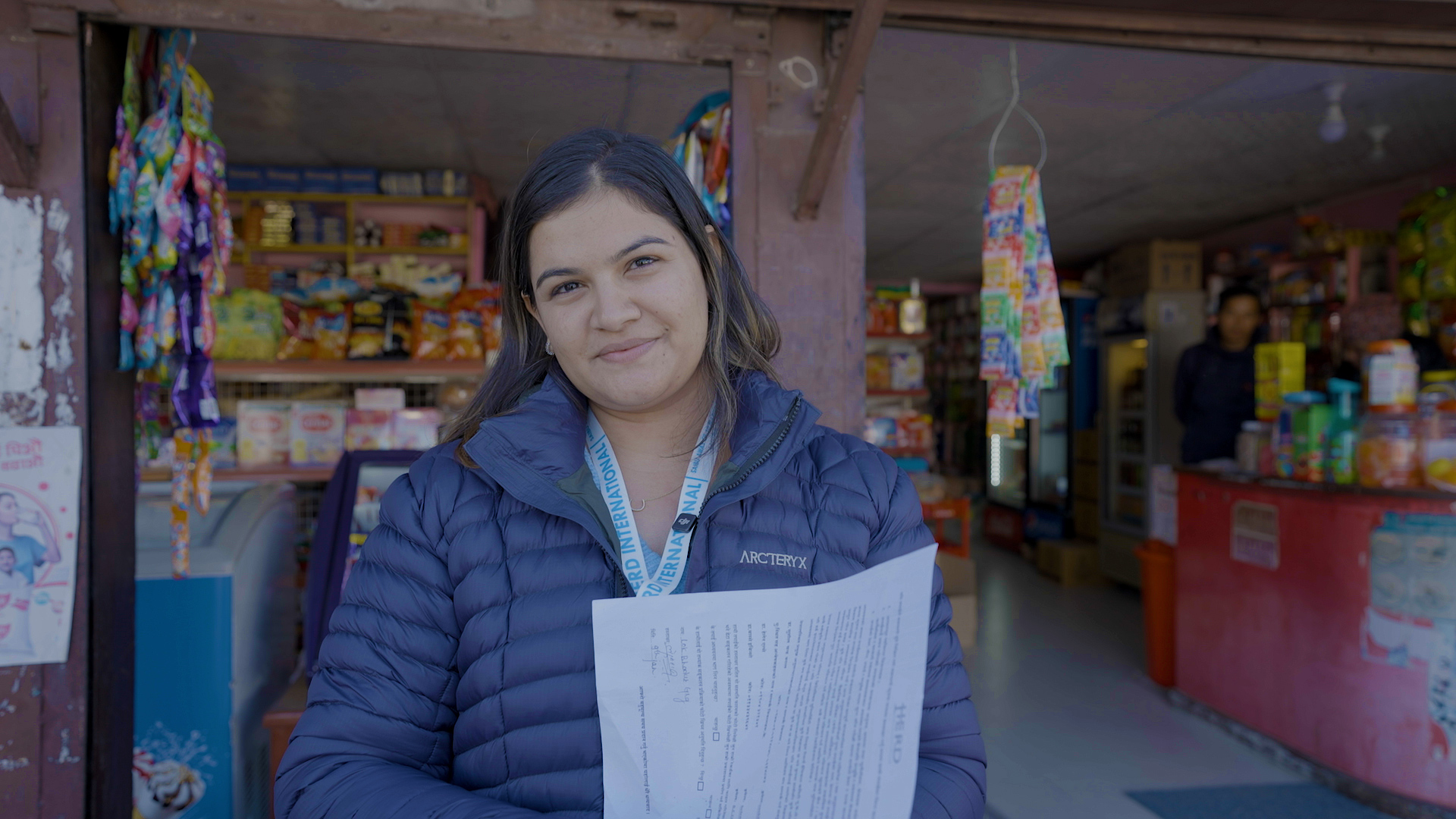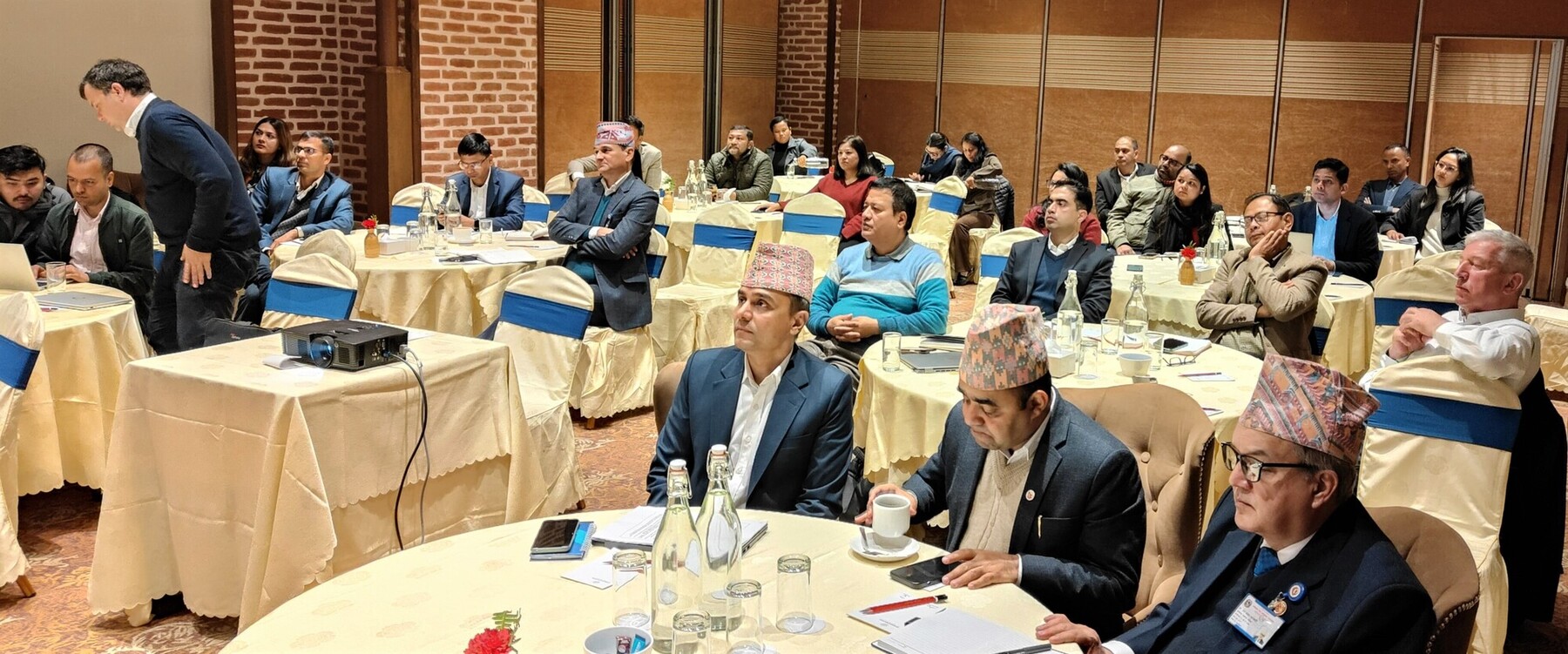Diagnosis, treatment and vaccination are essential life-saving tools to contain and control the Covid-19. An unprecedented scientific collaboration has delivered several safe and effective vaccines in the market in record time. Access to affordable, non-discriminatory diagnosis, treatment and vaccines is a human right. However, Covid-19 vaccination is uneven and unequal due to production, supply, logistics systems and resource issues. Many countries, especially the low and middle-income countries (LMIC), are lagging behind in getting vaccinated, exposing the gap between the economically powerful countries and the LMICs.
A large number of LMICs are yet to administer the first dose of vaccines to their population. This is the case for Nepal too. The vaccination campaign in Nepal began on January 27, 2021, and as of April 20, 2021, 1.7 million first doses had been administered to selected populations as part of its vaccine rollout plan. However, in Nepal, the export of AstraZeneca vaccine from India was suspended to meet India’s domestic demand, making it difficult for Nepal to vaccinate its targeted population. Hence, the government turned its head towards diplomatic channels to appeal to other nations to support Nepal with vaccines. Nepal aims to vaccinate 72 percent of its population as part of its Covid-19 response but only 10.1 percent have been fully vaccinated as of August 11, 2021.
Risks remain
Although daily life is slowly returning to normalcy amidst the risk, many Nepalis still have a false sense of security, assuming that the worst is over with the deployment of vaccines. But the bitter reality is that people are still struggling to get a jab and have been queuing up in long lines in front of the vaccination centers. During such a crisis, inequities sharpen internally within the existing socio-economic disparities. Moreover, in Nepal, where urban and rural divisions are strong in terms of access to infrastructure, education and health, these divisions are closely linked to wealth and social inequalities in times of crisis creating pressure on the already fragile health system.
With the scarcity of resources within the country and with no other option open when it comes to Covid-19 vaccine, a major question for Nepal is how it will vaccinate its entire population. This is where the term vaccine equity comes in to play. We do see reports of uneven distribution of vaccine globally and high income countries hoarding vaccines for its population. Director General of WHO rightly stated: “Vaccine equity is the challenge of our time and ending the pandemic is a solvable problem and we need to act together”. The uneven distribution of Covid-19 vaccines around the world is not limited to ethical and moral issues. Infectious diseases that do not respect borders will continue to threaten the international community as long as they exist around the world.
The battle against Covid-19 is a battle against time. The day ahead will be the test of whether the world can come together and keep its pledge of international solidarity to achieve herd immunity.
Today, all of us share the same hope that we can build a stronger international healthcare architecture to protect future generations as we fight together to overcome the Covid-19 pandemic. No single government or multilateral body can tackle this threat soon on its own. Jointly, we must be better prepared to anticipate, prevent, detect, assess and respond effectively to the pandemic. The Covid-19 pandemic has proved that no one is safe until everyone is safe. Therefore, ensuring all nations are committed to universal and equitable access to safe and effective vaccines is critical.
To circumvent the country’s purchasing power-based allocation system, the Covid-19 Vaccine Global Access facility, known as COVAX, was established to help immunize the population of poor countries, global cooperation led by WHO, GAVI, the vaccine alliance and Coalition for Epidemic Innovations (CEPI) to ensure equitable access to 92 low and middle-income countries that cannot provide for vaccine needs.
Vaccinate all
Covid-19 does not seem to end with a bang or a parade. Throughout history, pandemics have ended when disease no longer dominates daily life and fades into the background like other health issues. We do see areas of uncertainty, we are seeing emergence of new variants that reduce the effectiveness of the vaccines against death and serious illness. And how we can manage the virus in low and middle-income countries like Nepal, where the people are still largely unvaccinated and still susceptible, is a continuous challenge. It is now imperative that the richer nations who are emerging from the pandemic, come into aid to support countries like Nepal with limited resources, with vaccines and resources they require. It is necessary to ensure government-to-government agreement or to ensure that diplomatic channels are in place to address the dire situation of vaccine shortages if we are to rapidly vaccinate the targeted population in time.
Nepal, with its pandemic mortality and morbidity and economic damage, should proactively work for Covid control. We know that the more the virus spreads among unvaccinated people, the more it will continue to mutate and eventually threaten the health of those vaccinated.
The battle against Covid-19 is a battle against time. The day ahead will be the test of whether the world can come together and keep its pledge of international solidarity to achieve herd immunity.
(Opinion expressed in this article does not represent the views of the organization. This article has been published on NepalLiveToday: https://www.nepallivetoday.com/2021/08/16/vaccination-for-all-where-does-nepal-stand/)












Comments (0)
No comments found.